#bob zellner
Text
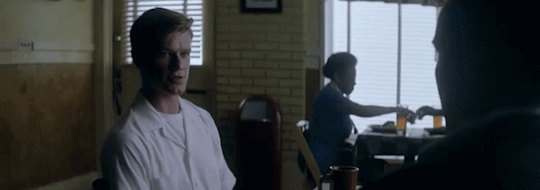
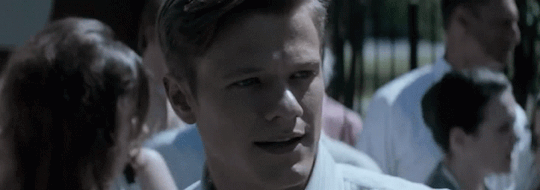

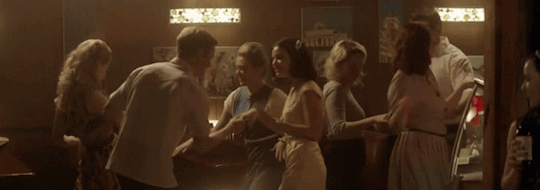

Lucas Till in Son of the South (2021)
#lucas till#son of the south#son of the south movie#lucas till gifs#bob zellner#macgyver#crush#wolves#bravetown#x men first class#x men apocalypse#monster trucks#the collective#actor#talented#hot guy#gorgeous guy#one of my faves
14 notes
·
View notes
Text
youtube
I tell this story to myself often.
It's a story Spike Lee produced in Son of the South, based on the book The Wrong Side of Murder Creek: A White Southerner in the Freedom Movement. That's Bob Zellner's autobiography, and in there he quilts together his life story that resists his white supremacist Alabama upbringing and changes his path toward racial justice.
Bob’s father, James Abram Zellner, was an Alabama Klan evangelist, called a “Kleagle” in Klan nomenclature. He attended a local junior college founded “to teach Klanism” in the panhandle of Florida.
You know it well. It was Bob Jones College. He graduated in 1932.
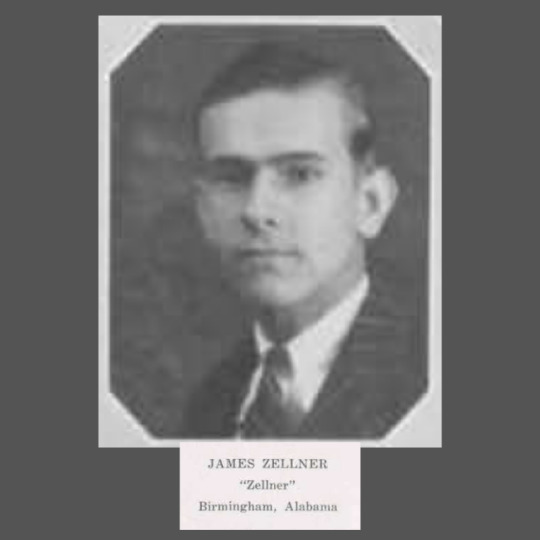
Around 1935, James traveled to Eastern Europe with Bob Jones Sr., promoting that Southern-grown ideology “to the Jews,” according to his son. Bob Jones, of course, left the effort after a short time, but James stayed on, enduring a grueling, lonely trip for a twenty-three-year-old. Jones himself said in a “chapel talk” in Cleveland, Tennessee, in March 1935, that James was “plough[ing] through the snow, sleep[ing] in barns, and eat[ing] black bread” that year.

Zellner’s son Bob--named after Bob Jones--describes his father’s mission trip as forcing an internal struggle:
Patriotism and nationalism vied in Dad’s soul with the racist beliefs he had actively espoused since boyhood. The fascists would soon be enemies of his country, yet their ideology was close to his own.
Think of it. James was in Eastern Europe, seeing the rise of a terrorizing nationalism, and it was beginning to dawn on him that this ideology was no different than his fundamentalism -- than his Klandamentalism.
Several months into his trip, James Zellner had his “defining experience." Bob describes it in his book:
It was the dead of winter and my father traveled in deep snow, mostly by horse drawn sled, with no one but a guide and a Latvian interpreter. Going from one little secret church to another scattered across the Russian hinterland, my father’s small band of outlaws joined up with the group of gospel singers from the United States, who were making the same underground rounds. It had been so long since Dad had heard any native English spoken, he was transported with delight. What is more, they spoke with Southern accents. Daddy said, “Bob, it was so wonderful seeing people from home.”

The Southern “gospel singers” were cut from the same cloth as James. They spoke with the same dialect. They were after the same goal. Kenneth Burke would say that James and they were “consubstantial.”
However, Bob explains further:
the singers were all Black. It was the first time in his life, Dad told me, that he spent whole days and nights with Black people. “We preached together and sang, we ate together in the homes of the poor people, many times using our fingers as there were few utensils, reaching in the common pot of potatoes with small pieces of salt-meat, and maybe some cabbage. We even slept together, either in one big bed or huddled together on the floor for warmth beneath some thin and ancient blankets. We talked about home and food and a warm fire and the most disconcerting thing kept happening. I forgot that they were Black!”
Today in 2023, we bristle at Zellner’s foregrounding of “color blindness.” In not seeing while he is eating with, working with, and sleeping with his compatriots, he is glossing over his own necessary wrestling with his unjust ideology. But James told his son that his chosen sightlessness could not stick:
"It finally got to bothering me so much I just determined to make it light on myself and forget about color while I was here and just go back to the old way when I got back home. But, you know, things never were the same after living with my friends and not thinking about what color we were,” he said, “It certainly ruined me as a Klansman, that’s for sure.”
Empathy changed him. It changed his membership, his faith, and his children. Identification “ruined” his hate. Bob Zellner describes his father’s experience as a narrative of struggle between white supremacy and virtue:
Being an intelligent man and a real believer in the gospel of Jesus, Dad was forced to wrestle with the deep beliefs from his childhood. In the final analysis he could not reconcile his belief in white supremacy with the high ideals of his country, the teachings of his church and Bible, his innate intelligence, and, now, his own experience in Europe.
When Dad finally broke with his Klan brothers in the mid-1940s, Mom happily cut up his Klan robes and made white shirts for us boys to wear to Sunday school.
KKK robes were redeemed for Sunday best.
For both Zellners, Klannishness was more aligned with the Third Reich than America. But an outsider did not dismantle Zellner’s narrative. It took that internal struggle for James Zellner to finally repent of his Klandamentalism.
I tell Zellner’s story often. The story reminds me that ordinary people can choose kindness and justice over tribalism and tragedy.
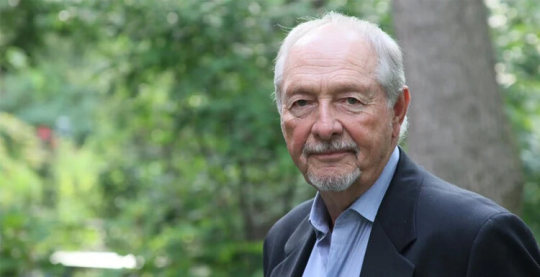
Bob Zellner would go on to march with Martin Luther King, Jr. on Selma. Imagine it -- a man named after the founder of a school dedicated to teach Klanism, named after the Klan preacher who married his parents, named after Bob Jones himself, our Bob Jones -- that man marched for justice.
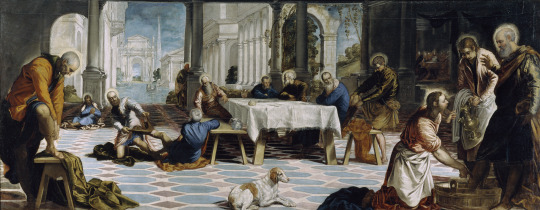
On this Maundy Thursday when we remember Christ's greatest commandment to "love one another," may this story of James Abram Zellner's repentance goad us to the same repentance.
May we all follow Christ and love one another -- that is, love the Other.
#Bob Jones University#Bob Zellner#Son of the South#Bob Jones College#James Abram Zellner#The Wrong Side of Murder Creek#Spike Lee#Klandamentalism#Youtube#Class of 1932
6 notes
·
View notes
Photo
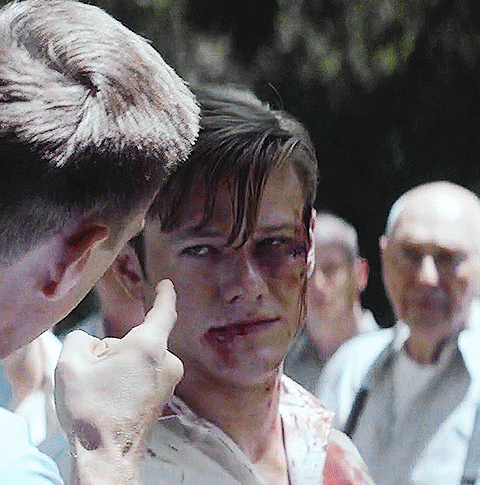
#that migraine aesthetic#whump#whump aesthetic#son of the south#bob zellner#beaten up#bruised and battered#lucas till#whumpgif#othergifs#wincing
353 notes
·
View notes
Photo
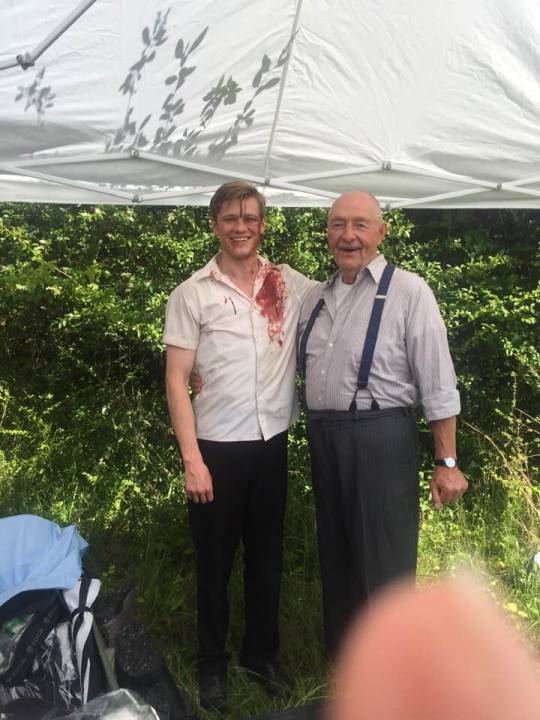
New/Old BtS photo of Lucas Till and Bob Zellner in “Son Of The South”.
Source: Katie Zellner (Facebook)
28 notes
·
View notes
Text
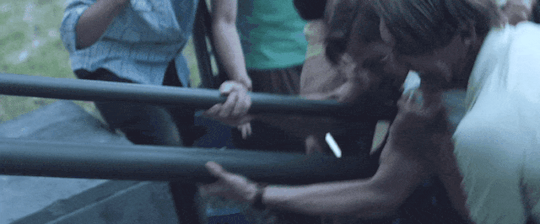

"The story of any one man's real experience finds its startling parallel in that of every one of us."
-James Russell Lowell
Parallels Part 1
#angus macgyver#macgyver#macgyver 2016#bob zellner#son of the south#lucas till#my gifs#my gifset#my edit#parallels#part 1
39 notes
·
View notes
Photo
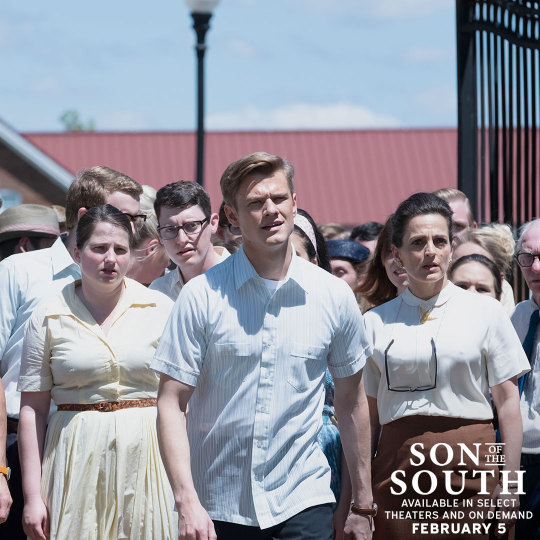
Lucas Till as Bob Zellner.
From the movie’s Twitter account.
#lucas till#son of the south#bob zellner#the wrong side of murder creek#new movie#civil rights movement#spike lee
46 notes
·
View notes
Text
You know what part I hope and pray ends up in Son of the South? The chain gang. Zellner kills me, and I really wanna see Lucas in that part 😂😂😂😂
#Lucas is gonna knock this out of the park#Son of the South#Lucas Till#Bob Zellner#The Wrong Side of Murder Creek#chain gang#I want this scene so badly#you haven't seen me laugh
8 notes
·
View notes
Text

Check out this movie on Amazon prime about the story of real life white civil rights activist bob zellner. He was a freedom rider with John Lewis!
Executive producer spike Lee!
#spike Lee#anti racist#anti racism#blm#black lives matter#teach black history#black history is now#black history everyday#we shall overcome#civil rights#civil rights history#bob zellner#Robert zellner#activism#history#american history#white ally#no justice no peace#son of the south#southern heritage#southern history#john lewis#john lewis voting rights advancement act#john lewis voting rights act#freedom riders#1960s#1960s films#1950s#Alabama#mississippi
1 note
·
View note
Text
The Wrong Side of Murder Creek: A White Southerner in the Freedom Movement review

5/5 stars
Recommended for people who like: autobiographies, nonfiction, history, the Civil Rights Movement, protest books
TW police brutality
I admittedly read this book after I watched the movie based on it. Obviously books tend to be better than their movies, but good god Zellner is far more interesting than the movie makes it seem (and the Huntingdon 5 are way better people than the movie makes them look).
Zellner gives details of his dad's life and his own childhood as a sort of background to the story and how he came to be in a mindset where he got into trouble at Huntingdon. From there he gets into the nitty gritty of the movement and SNCC right up until he leaves (is pushed out) with his wife to start GROW. There's definitely some brutal things going on in this book, but I can't really say I'm surprised. Same with the crappy reporting that was going on.
One of the things I particularly enjoyed reading about was all of the training centers and schools that SNCC and other organizations had going on during this time. When you learn about the Civil Rights Movement in school, they kind of just skip over that portion and focus on the protests or letters only, but the training centers/schools were a bit part of it.
I liked the parts about voter registration too, particularly since that's still an issue we face today and people are still trying to do grassroots organizing around it. It was interesting to read about the tactics they used back then and the kinds of intimidation the opposition would engage in to convince people not to vote or register.
Overall I enjoyed the book and think it includes a lot of information about the movement and organizing. Zellner's anecdotes were interesting, even the more brutal ones, and it's a good read for anyone interested in the movement or civil rights in general.
#book#book review#bookstagram#booklr#books#booksbooksbooks#nonfiction#autobiography#bob zellner#the wrong side of murder creek#history#historical nonfiction#civil rights movement#tw police brutality
0 notes
Text
Portrait of Zellner, a white activist against a racist US
Portrait of Zellner, a white activist against a racist US
(by Francesca Pierleoni) (ANSA) – ROME, 09 DEC – The battle for civil rights between the late 1950s and early 1960s, from the gaze of one of the first and most influential white exponents of the movement: this is the perspective of color of freedom the biopic by Barry Alexander Brown, dedicated to Bob Zellner (played by Lucas Till), now 82, included in 2014 by Time among the “17 living legends”…

View On WordPress
0 notes
Photo
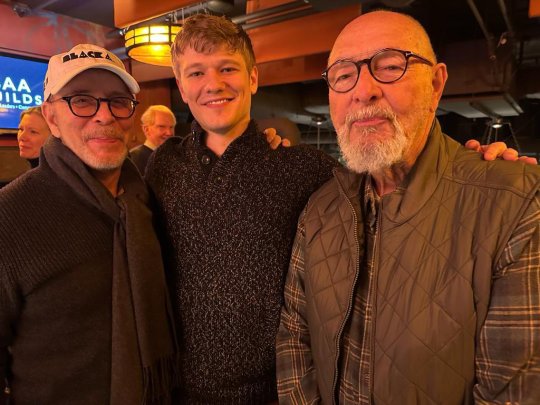

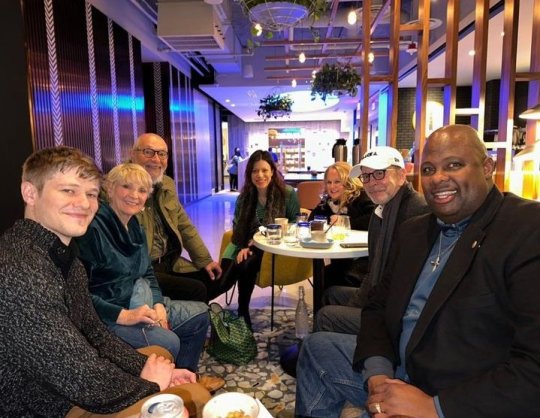
Lucas Till with Bob Zellner and Barry Alexander Brown ahead of a new screening of Son of the South in Seattle.
#lucas till#bob zellner#barry alexander brown#son of the south#son of the south movie#macgyver#cbs macgyver#macgyver reboot#angus macgyver#crush#wolves#bravetown#x men first class#x men the last stand#x men apocalypse#monster trucks#the collective#actor#talented#hot guy#gorgeous guy#one of my faves
31 notes
·
View notes
Photo

Ruth Erma Poore, 89, formerly of Emmaus, Bethlehem and Allentown, departed this life on April 19, 2022, at her daughter’s home in Oklahoma. She was the daughter of the late Roy H. and Myrtle S. (Brill) Bickel. Her husband, Richard A. Poore, died in 1988. Ruth was a graduate of Sinking Spring High School, Class of 1951 and attended Bob Jones University, studying Christian Education.
Ruth loved the Lord and served in Prison Ministry for several years. She participated and hosted Bible Study groups in her home. Ruth enjoyed spending time with her family and loved to go shopping with her daughters.
Survivors: She will be deeply missed by her children, Rebecca Zellner and her husband Charles, Joanna Melegatti and her husband Osvaldo, with whom she resided, and Faith Houser and her husband David; 8 Grandchildren; and 9 Great-Grandchildren. She was preceded in death by her Sister, Louise Heiser. Ruth was loved by many and will be greatly missed.
Services: 11 a.m. Saturday, April 23, 2022 at Bachman, Kulik & Reinsmith Funeral Home, 225 Elm Street, Emmaus. A viewing will be held from 9:30 to 11 a.m. Saturday in the funeral home. Interment in Greenwood Cemetery, Allentown.
Contributions: In lieu of flowers, memorial donations may be made to the American Cancer Society, 3893 Adler Place, Suite 170, Bethlehem, PA, 18017.
#Bob Jones University#Archive#Obituary#BJU Hall of Fame#BJU Alumni Association#2022#Ruth Erma Bickel Poore#Class of 1953
0 notes
Photo
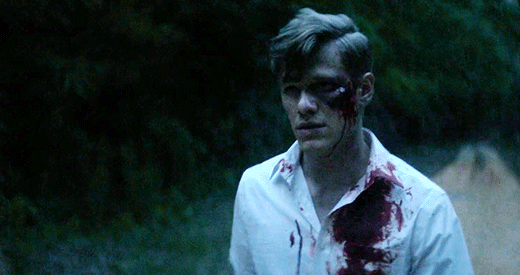
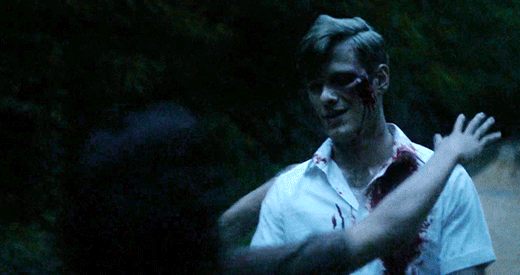

#son of the south#bob zellner#lucas till#son of the south spoilers#whump#whumpgif#othergifs#comfort#hair touching
355 notes
·
View notes
Photo

Look at sponsor Lucas donating the rest of the money so the Zellner's reach their goal of 10'000 USD for the SAA Relay to New Orleans.
Heart of Gold.
35 notes
·
View notes
Text


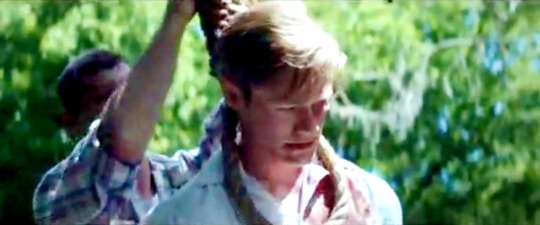
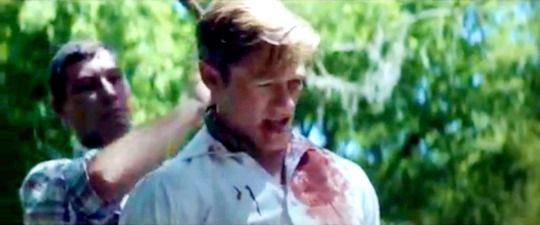
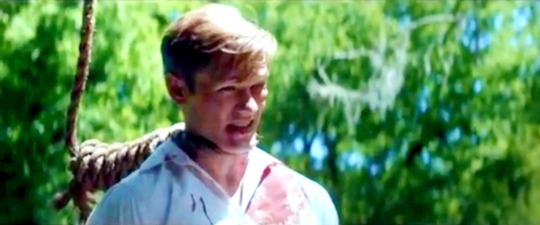
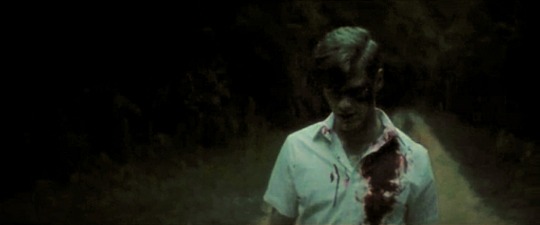
THE WHUMP™
70 notes
·
View notes
Photo
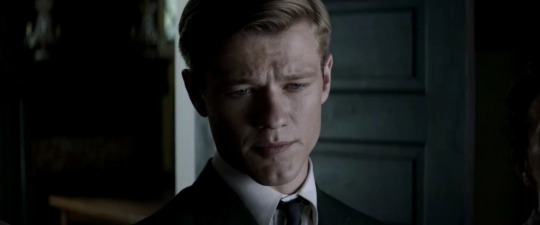


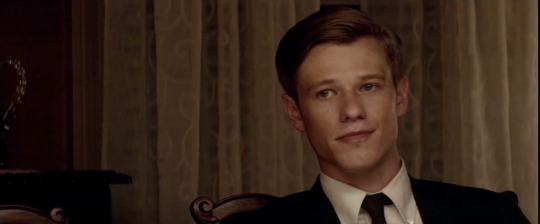
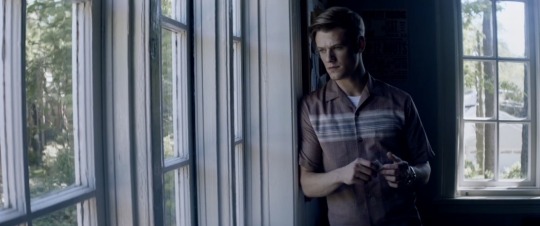
Lucas Till as Bob Zellner in Son of the South.
3/?
121 notes
·
View notes